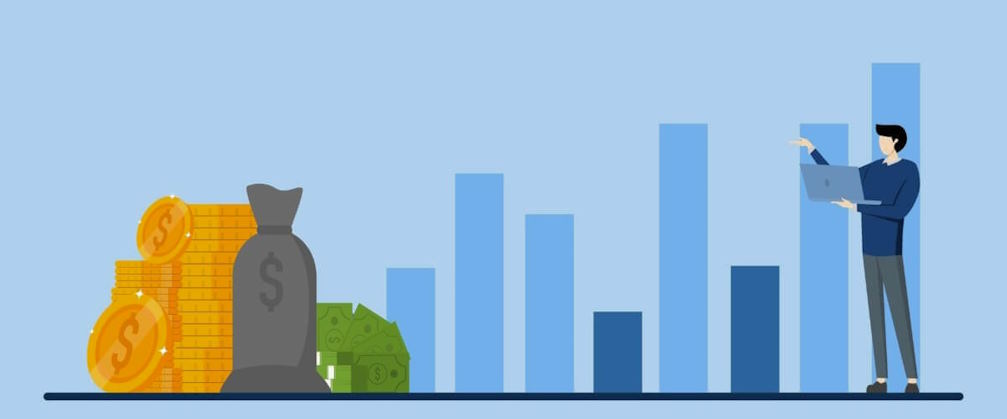Human capital development is a key driver of sustainable growth in economic progress. Composing education, healthcare, and skills training, this multidimensional investment in people is the bedrock of a skilled and productive workforce. Investing in human capital contributes to both immediate economic gains and long-term prosperity by fostering individual potential and enhancing societal well-being.
Education: The Gateway to Knowledge and Innovation
Workforce Quality
A well-educated workforce possesses the skills and knowledge needed for higher productivity, innovation, and adaptability. Quality education equips individuals with problem-solving abilities and critical thinking skills.
Entrepreneurship
Education encourages entrepreneurship and the development of new ideas. An educated population is likelier to engage in innovative ventures, leading to economic diversification and growth.
Research and Development
A strong education system feeds into research and development activities, fostering technological advancements and contributing to economic competitiveness on a global scale.
Healthcare: A Foundation for Productivity
Healthy Workforce
Access to quality healthcare improves overall workforce health and reduces absenteeism due to illness, increasing productivity and economic output.
Reduced Healthcare Costs
A healthy population places less strain on healthcare systems and lowers healthcare costs, leaving more resources available for investment in other sectors.
Life Expectancy and Retirement Age
Improved healthcare contributes to longer life expectancies and extended working lives. It ensures the availability of experienced professionals and a larger pool of potential contributors to the economy.

Skills Training: Bridging the Gap
Adaptability
Rapid technological changes require a workforce that can quickly adapt to new tools and processes. Skills training programs ensure workers remain relevant in evolving industries.
Addressing Unemployment
Targeted skills training can help reduce unemployment by providing individuals with the skills needed for available job opportunities.
Reducing Inequality
Skills training programs offer opportunities for individuals from marginalized backgrounds to acquire valuable skills, bridging the gap between different sections of society.
Long-Term Economic Growth
Innovation and Productivity
A well-educated and healthy workforce contributes to increased innovation and productivity, driving economic growth by expanding the boundaries of knowledge and efficiency.
Increased Labor Force Participation
Investing in human capital increases labor force participation. Individuals are more likely to engage in productive work when equipped with relevant skills and good health.
Enhanced Global Competitiveness
Nations with a highly skilled workforce gain a competitive advantage in the global market. A knowledgeable and adaptable workforce can attract foreign investments and foster economic development.
Sustainable Development
Human capital development aligns with the concept of sustainable development. Improving the quality of life and ensuring equal access to opportunities contributes to social and economic equity.
Human capital development is a linchpin for economic growth and prosperity. Education, healthcare, and skills training form the foundation for a productive and innovative workforce. Investing in human capital ensures immediate economic gains. It cultivates the potential for long-term growth, fostering a society where individuals thrive and contribute to the sustainable advancement of their nation.









